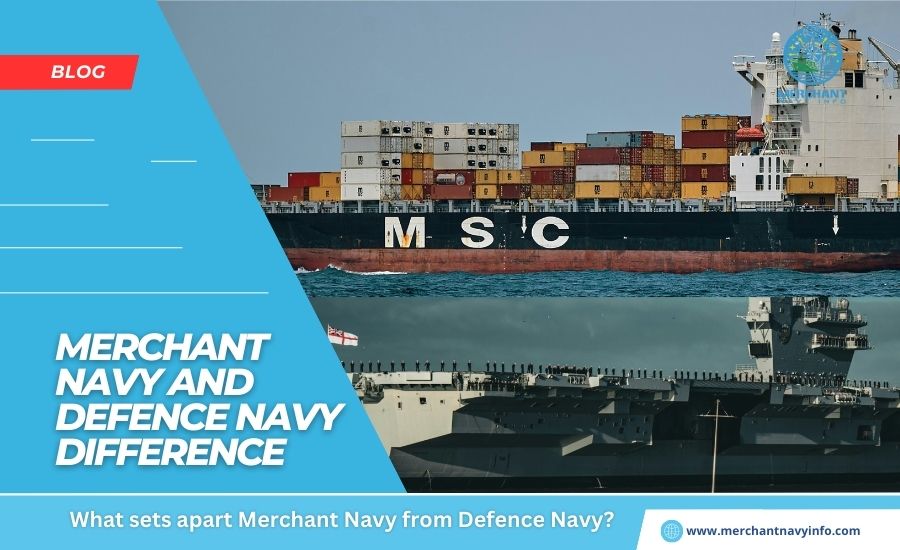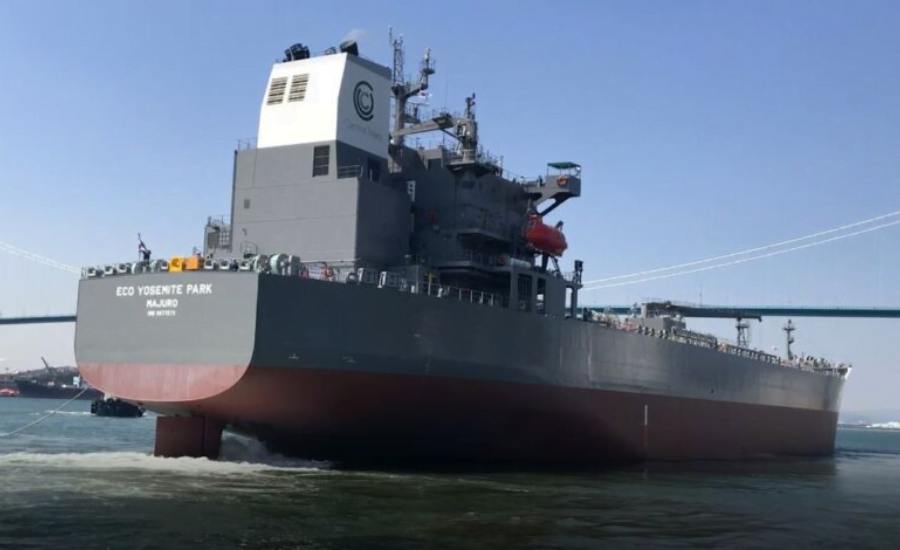
People who want to pursue a career at sea often have one question in mind such as the difference between marines and merchant navy.
Is It A Merchant Navy Or Defence Navy?
Although these two career fields are basically much the same, there are some difference between marines and navy that you should be aware of before choosing a career at sea. Both the Merchant Navy and the Defence Navy have their advantages and disadvantages, but ultimately, the choice between them should depend on your personal interests and inclinations. This article explains the main differences between the Merchant Navy and the defence Navy and what you can expect from a career in the two fields. Let’s start with the basics! Entry into the maritime job market can be done in two ways – either through the respective country’s naval service or through the merchant marine service. However, although they are both marine service providers, there are many differences between them that you need to clarify before deciding on a professional career.
Marine Corps Table Of Contents
- Differences between the Merchant Navy and the Defense Navy
- Basic Differences
- Qualifications
- Pay Levels
- Rank Structure
Differences Between The Merchant Navy And The Defense Navy
1.Basic Differences
The Merchant Navy, as its name suggests, is the name for the commercial maritime service. These commercial activities include the transportation of both cargo and people to various destinations around the world. In other words, it can be said that commercial shipping activities are not unique to any particular country but are spread all over the world. However, the Merchant Navy, as it is interchangeably called, must comply with certain rules and regulations established by governing bodies to ensure the stability of the activities carried out. In summary, merchant ships are purely commercial maritime carriers managed by both private shipping companies and government shipping companies.
On the other hand difference between marines and navy, the Defense Navy refers to the country’s maritime military division. Naval vessels are deployed during international crises to protect a country’s waterfront from intrusion and illegal attacks. Each country with a waterline has its own Navy with its own rules and regulations. Therefore, a career in the Defense Navy will include serving your respective country through deployment on warships. Both the Merchant Navy and the Defense Forces trade with ships. The first is of a purely commercial nature, while the second concerns professions of high prestige and skill.
2. Eligibility
Both the Merchant Navy and the Navy have their own eligibility criteria for joining naval service. Those interested in a career as a merchant mariner need basic high school diplomas such as physics, chemistry, and mathematics. Alternatively, those who wish to apply for higher echelon positions should have a science degree. The most important requirement for participation in the naval service of a country is that the applicant be a national of that country.
This factor constitutes the most important difference between the Merchant Navy and the Navy in terms of qualification criteria. Most navies in the world conduct their own entrance and selection tests to select suitable candidates. However, both the Merchant Navy and the Defense Navy have the same fitness and health requirements.
3. Salary Level
This is one of the most discussed topics among candidates planning a career at sea. In the merchant navy, pay scales are based on standards from international organizations such as the International Labor Organization (ILO) and the International Transport Workers’ Federation (ITF). Salary levels are based on the Merchant Navy’s job hierarchy, and all individuals are entitled to a salary.
The Merchant Navy is already known for its high salaries and glamorous life on board. In contrast, the Navy’s pay structure varies depending on the individual’s position and overall work experience. Salary levels are based on national laws and vary from country to country. While the salaries of Merchant Naval Officers are always a hot topic, it is pertinent to point out that a career in the Defense Navy is held with the utmost respect and pride in difference between marines and navy.
4. Rank Structure
Both the Merchant Navy and the Navy have a hierarchy system. Merchant marine work is performed in engineering departments, deck areas, or maintenance areas. People with the appropriate talents and skills can participate in one of three special criteria. Additionally, the rank of an expert may vary depending on the company or type of ship. However, the basic structure remains the same. However, naval work in the Navy begins at the lowest rank, the level of Lieutenant.
The ranks assigned to Marines vary from country to country and are unique in their own right. Like the Merchant Navy, each rank in the Defense Navy carries great responsibility and honour. Both naval and merchant marine jobs require long periods of service and, therefore, require high levels of personal dedication and dedication. In the former case, the threat of intruders is very important, while in the latter case, short-distance movement is not possible due to commercial needs. Despite their differences, the greatest similarity between the two maritime services is the high level of satisfaction they provide to those who work in these professions.










